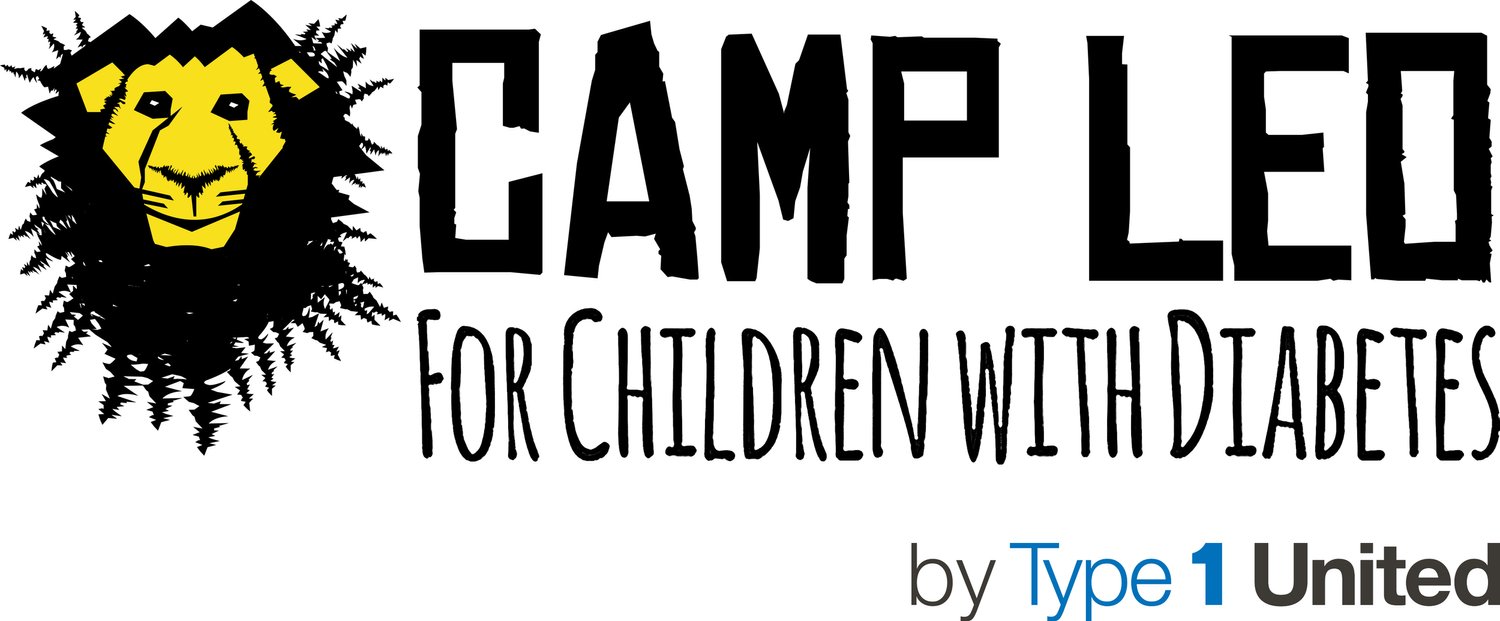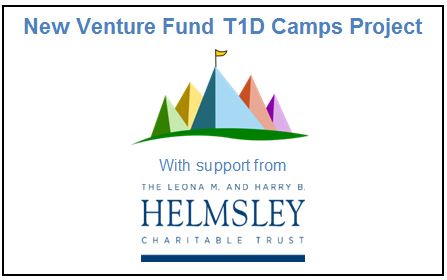At Camp Leo, we want to make learning about diabetes fun, interesting, and useful for our campers.
"DiabEducation" at camp combines informal and formal daily education about how to lead a healthy, happy life with Type One.
At Camp Leo, we believe the greatest education is the informal learning that happens when we share our experiences about living with diabetes. Almost everyone at camp has diabetes, and we can all learn from each other--from those who have lived with diabetes for just a few months to those who have lived with it for more than 50 years. Campers learn they are not alone in dealing with the many responsibilities of diabetes, and are able to discuss the daily frustrations, goals and victories that come with living with a chronic disease and the feelings that go along with them. A relationship network is formed at camp, and many lifelong friendships are established that extend far beyond the week of camp to provide ongoing support throughout the year.
One of the strengths of a camp program is the number of opportunities for "experiential learning" and "teachable moments" that come up throughout the day and night. People with Type One know that their diabetes is affected by so many things- food, activity, hydration, sleep, wellness, temperature, stress, excitement--the list is endless. At camp, our staff talk with campers in the moment to help them understand how diabetes is at work in their body and learn about the tools, techniques, and habits that can empower them to take charge of their diabetes. Because we all use different tools to manage our diabetes, camp also gives participants the opportunity to see different diabetes management technologies and techniques at work, and talk about them with people who actually use them.
Going on a hike? We might discuss proper nutrition for low-impact exercise, reducing basal insulin, and the importance of testing frequently, hydrating, and wearing and proper footwear. Lasagna night? We might talk about square wave boluses and how fat can slow the absorption of carbs in our bodies. Feeling frustrated about having diabetes? We've all been there, and can lend a sympathetic ear, a supportive hug, and perhaps some ideas of how we deal with those feelings.
In addition to our on-the-go education, the daily schedule includes a formal “DiabEducation Session,” designed to meet the needs of each age group. Campers may be found playing "diabetes jeopardy", "3 legged race to healthy food" and other fun learning activities. Older campers can attend sessions on driving with diabetes, sick day management, and how to make a smooth transition from a pediatric endocrinologist to an adult endocrinologist. We have several sessions dedicated to the psychological realities of diabetes and how the affect the camper and their families.
We also like to celebrate "Diabetes Victories" by recognizing campers at our nightly campfire who have learned something or tried something new with their diabetes, such as "first time giving your own injection" or "first time you put your site in a new place." At camp, we know that all of our campers are heroes and deserve a celebration and a place where everyone is just like them.












